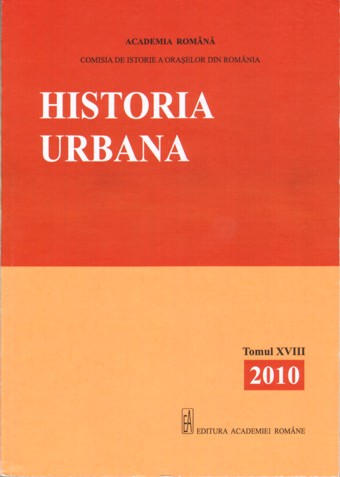Asistenţa socială şi oraşele în Transilvania epocii Principatului
Social Assistance and the Towns in Transylvania During the Principality
Author(s): Enikő Rusz-FogarasiSubject(s): History
Published by: Editura Academiei Române
Keywords: social assistance; town; Transylvania; people unable;
Summary/Abstract: Social assistance is a system of material assistance for people unable to work and who do not have the means to live. The attitudes and roles of the towns in this system varied from one period to another. During the Principality towns of Transylvania, town communities were the administrators coordinating social assistance work, although they did not have a preestablished program to do so yet. Towns constantly mind that institutions doing social assistance are well run and the financial support for them is provided. Town leadership is also keen on problems regarding social assistance to be solved. The leadership finds financial and human resources able to implement decisions of the town council. Social assistance work is burdened more and more on the shoulders of the almshouses which will gradually become centers of social assistance. Planning social assistance was the prerogative of the town leadership, while implementation was the task of the master of the almshouse. Sources of the period inform us of four almshouses in Oradea, three for a short period of time in Cluj, two in Braşov, Sibiu, Bistriţa, Sighişoara, Mediaş, Timişoara and one in each of the following towns: Târgu-Mureş Râşnov, Teiuş, Turda, Aiud, Feldioara, Crainimăt, Alba Iulia, Satu- Mare, Baia Mare, Ineu, Lipova. Treatment of diseases gradually becomes a specific activity of physicians, chemists, barbers and bath masters. Therefore social and medical assistance start to become different activities, each having its own development.
Journal: Historia Urbana
- Issue Year: XVIII/2010
- Issue No: 18
- Page Range: 5-15
- Page Count: 11
- Language: Romanian
- Content File-PDF

